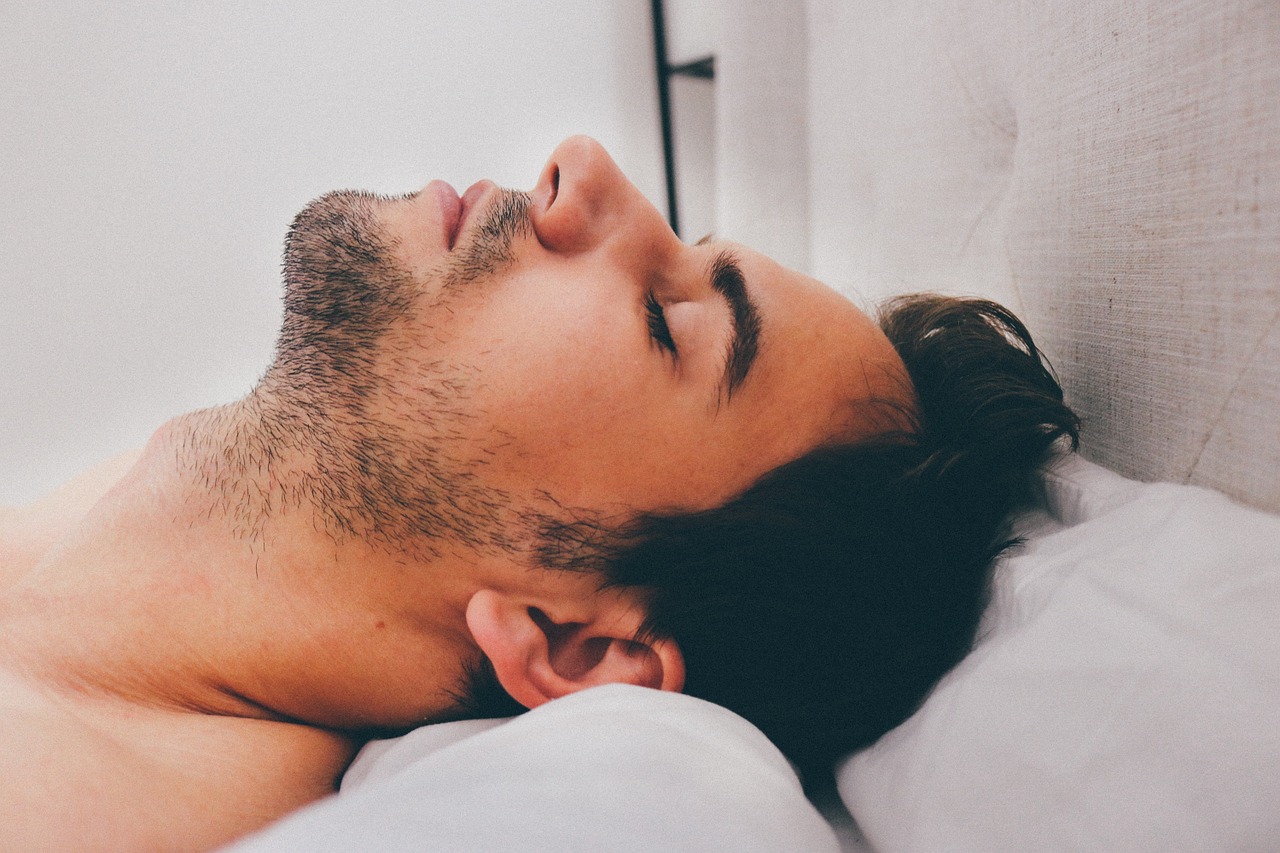For those suffering from the common and potentially serious sleep disorder known as sleep apnea, a custom-made mouth guard might offer an alternative to CPAP treatment.
Sleep apnea, which is characterized by shallow breaths or one or more pauses while sleeping, is often treated with a breathing machine known as the “continuous positive airway pressure” (CPAP) machine — a device which increases the pressure at which air travels through airways in order to keep them open.
But while the treatment works for some, there are many who don’t stick with it for a variety of reasons ranging from feelings of claustrophobia triggered by the mask to the hum of the machine making it difficult to sleep, not to mention the tubing which some users claim gets in the way while they sleep.
Whatever the case, there are those afflicted with the disorder who have felt it necessary to abandon the treatment.
It is for this reason that researchers have proposed a number of alternatives including an oral appliance, or mouth guard, which moves the mandible forward during sleep.
In a randomized clinical trial conducted by Swedish researchers from Umea University in Sweden, the sleep apnea mouth guard showed promise as the researchers indicated in their study’s abstract that the device “reduces obstructive sleep apnea, snoring, and possibly restless legs without effects on daytime sleepiness and quality of life among patients with daytime sleepiness and snoring or mild to moderate sleep apnea.”
A custom-made, adjustable oral appliance reduces obstructive sleep apnea, snoring, and possibly restless legs without effects on daytime sleepiness and quality of life among patients with daytime sleepiness and snoring or mild to moderate sleep apnea.
In the study, which was published in the August 2015 issue of the journal JAMA Internal Medicine, the researchers tested oral appliance therapy on 96 patients afflicted with daytime sleepiness and an apnea-hypopnea index below 30–mild to moderate sleep apnea–in a placebo controlled, randomized, parallel trial conducted over the course of roughly 4 years.
While both groups of participants — those who used the placebo night guard and those who used the custom-fitted mandibular advancement device that positions the jaw slightly forward and down — saw little improvement in daytime sleepiness, over half of the placebo group thought the device was effective enough to continue using it.
As a result, Dr. Lawrence Epstein, a sleep medicine specialist at the Harvard-affiliated Brigham and Women’s Hospital, said that the study might “say more about the power of placebos than about the effectiveness of oral appliances, since many people who wore ineffective devices reported improvement,” Harvard Health Blog’s Beverly Merz reported.
In the United States, some 18 million Americans are afflicted with obstructive sleep apnea and as many as 40 percent of those who try CPAP end up abandoning the device for one reason or another.
This means that device manufacturers have ample incentive to create an alternative and as a result, an array of CPAP alternatives are in development as well as on the market.
Amongst the alternatives include nose plugs that create pressure during exhale and a device called Winx that sucks the tongue forward in order to keep airways open.
But as far as medical insurance coverage is concerned, it is the mouth-guard-esque mandibular advancement devices — of which there are numerous designs to choose from — that’s most likely to be covered by insurers as the technology has already been around for some time.
























